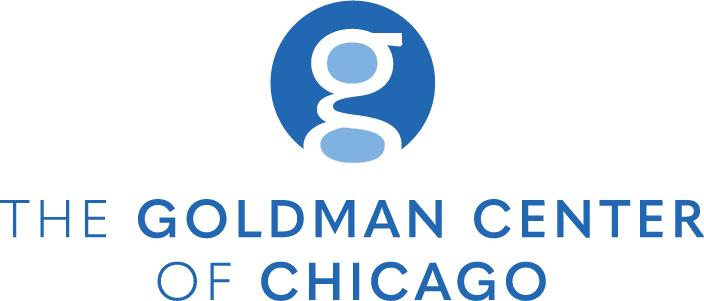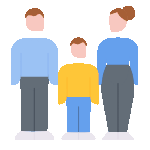Neuropsychological testing or evaluations can assess various aspects of development, including behavior. Some families may receive referrals for evaluations to assess challenging behaviors and diagnose or rule out disruptive behavior disorders (DBDs). Below is an overview of DBDs to provide more insight.
What are DBDs?
Children with DBDs have ongoing patterns of uncooperative and defiant behavior that impacts those around them including their family, friends, peers, and teachers.
Signs of DBDs
It is common for children with DBDs to appear stubborn, difficult, disobedient, and irritable. These children may have a tendency to be physically aggressive, intentionally violate others’ rights, and have a hostile or indifferent response to authority figures.
Types of DBDs
The three main types of DBDs are Conduct Disorder (CD), Oppositional Defiant Disorder (ODD), and Disruptive Behavior Disorder Not Otherwise Specified (DBD NOS). The difference between these disorders are severity, intensity, and intentionality of the behavior exhibited.
What is ODD?
Children with ODD have a recurrent pattern of defiant and hostile behavior that interferes with their daily lives. This defiant and hostile behavior is often focused toward parents, teachers, or other authority figures.
Behaviors Indicative of ODD
Many children exhibit challenging behaviors at various points, but children with ODD display these behaviors consistently and far more often than their peers. Challenging or problematic behaviors indicative of ODD include, but are not limited to:
- Quick to lose temper
- Quick to argue with adults over trivial things
- Throws frequent tantrums
- Uncooperative
- Argues excessively
- Refuses to follow rules or requests
- Deliberately annoys others
- Becomes easily annoyed or irritated by other people
- Blames others for their misbehavior or errors
- Behaves in angry, resentful, spiteful, and vindictive ways
- Harbors anger or resentment
Consequences of Behaviors
Due to the consequences of their actions, children with ODD are likely to be in frequent conflicts, often face discipline at home and school, have a generally negative outlook on life, and be difficult to spend time with.
Comorbidity
A child faces even more challenges in their daily functioning when they are diagnosed with ODD and attention-deficit hyperactivity disorder (ADHD). This combination of diagnoses results in higher levels of aggression, more negative behavioral symptoms of ODD, and additional academic challenges.
You can learn more about the Diagnostic and Statistical Manual of Mental Disorders, Fifth Edition (DSM-5) criteria for the diagnosis of ODD here: https://www.ncbi.nlm.nih.gov/books/NBK519712/table/ch3.t14/
If you suspect your child is showing signs of a DBD or presents with consistent challenging behaviors, it may be beneficial to discuss your concerns with your child’s pediatrician to determine appropriate next steps.
Do you have questions about neuropsychological testing for DBDs or other areas? Contact the our team at the Goldman Center to speak with one of our specialists who can answer all of your questions! (773) 998-8500
References
American Psychiatric Association: Diagnostic and Statistical Manual of Mental Disorders: Diagnostic and Statistical Manual of Mental Disorders, Fifth Edition. Arlington, VA: American Psychiatric Association, 2013.









